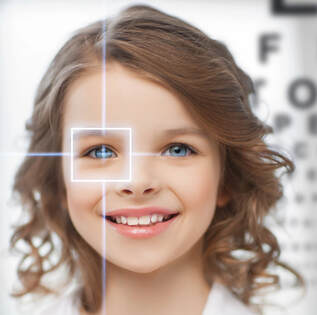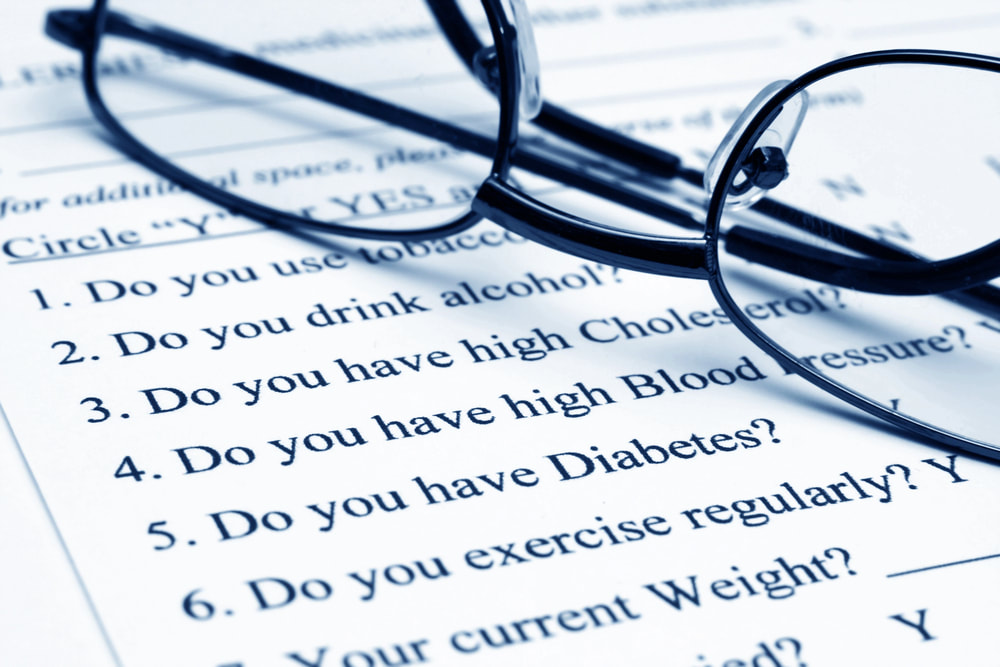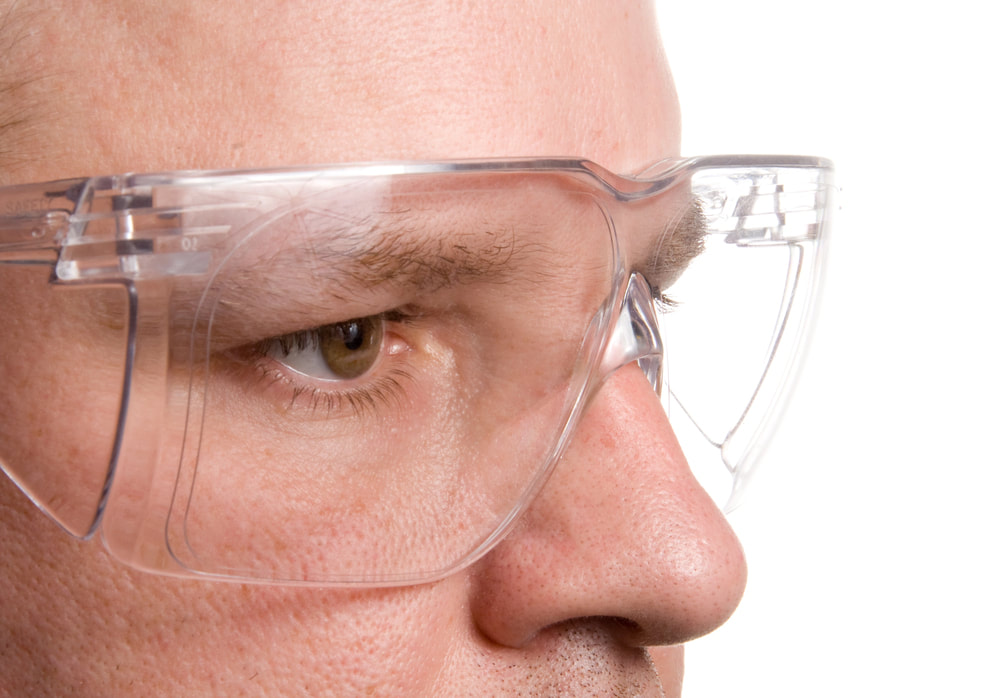|
Contact lenses can be a great alternative to glasses. They may be useful to correct issues such as near-sightedness, far-sightedness, and distorted vision caused by astigmatism.
But they may not be right for everyone at every stage in life. When it comes to contacts and children, how young is too young? Continue reading for an examination of the pros and cons of contact lenses for children, factors to consider, and how to decide when the time is right. |
Pros for contact lenses for children
Advantageous for sports: Contact lenses are better for playing sports than glasses. Glasses can fog up and fall off, while contacts can provide clear vision without the inconvenience of glasses.
May boost self-confidence: Some children may feel self-conscious wearing eyeglasses, although all children are different. Some kids may like wearing glasses. But for others, contact lenses help them feel more confident.
Teach responsibility: Wearing contact lenses is a big responsibility. They require daily care and cleaning, as well as remembering to take them out each night before bed.
Contact lenses may also provide better vision better than glasses in some cases, depending on your child’s vision issue.
Cons of contact lenses for children
Eye infections: Your child may be at an increased risk for an eye infection if they do not follow proper contact lens care.
Corneal abrasion: Putting in and taking out contact lenses can potentially lead to a corneal abrasion. As the FDA reported, about 13,500 children require an emergency room visit early for injuries and complications related to contact lenses.
Lost contacts: Depending on your child’s maturity level, they may lose contacts at a rate higher than adults.
What age should you consider contact lenses for children?
It’s critical to consider your child’s maturity level before investing in contacts.
When determining whether your child is ready for contact lenses, ask yourself the questions below.
- Does your child follow directions well?
- Can your child perform daily tasks without constant reminders?
- Does your child understand proper hand hygiene?
- Can your child be trusted to handle lenses carefully, so they do not tear?
When should children not use contact lenses?
If they have severe allergies: Contact lenses may worsen eye allergy symptoms.
Immaturity: If your child does not have the maturity to handle the responsibility of wearing contacts, they may not be ready.
They have an eye infection: If your child develops an eye infection, such as conjunctivitis, they should avoid wearing their contact lenses for a period of time. It’s also important to always have a pair of eyeglasses for backup.
If you would like to schedule an appointment to discuss contact lenses for your child, we are happy to help. Please call our office at 508-746-8600.











